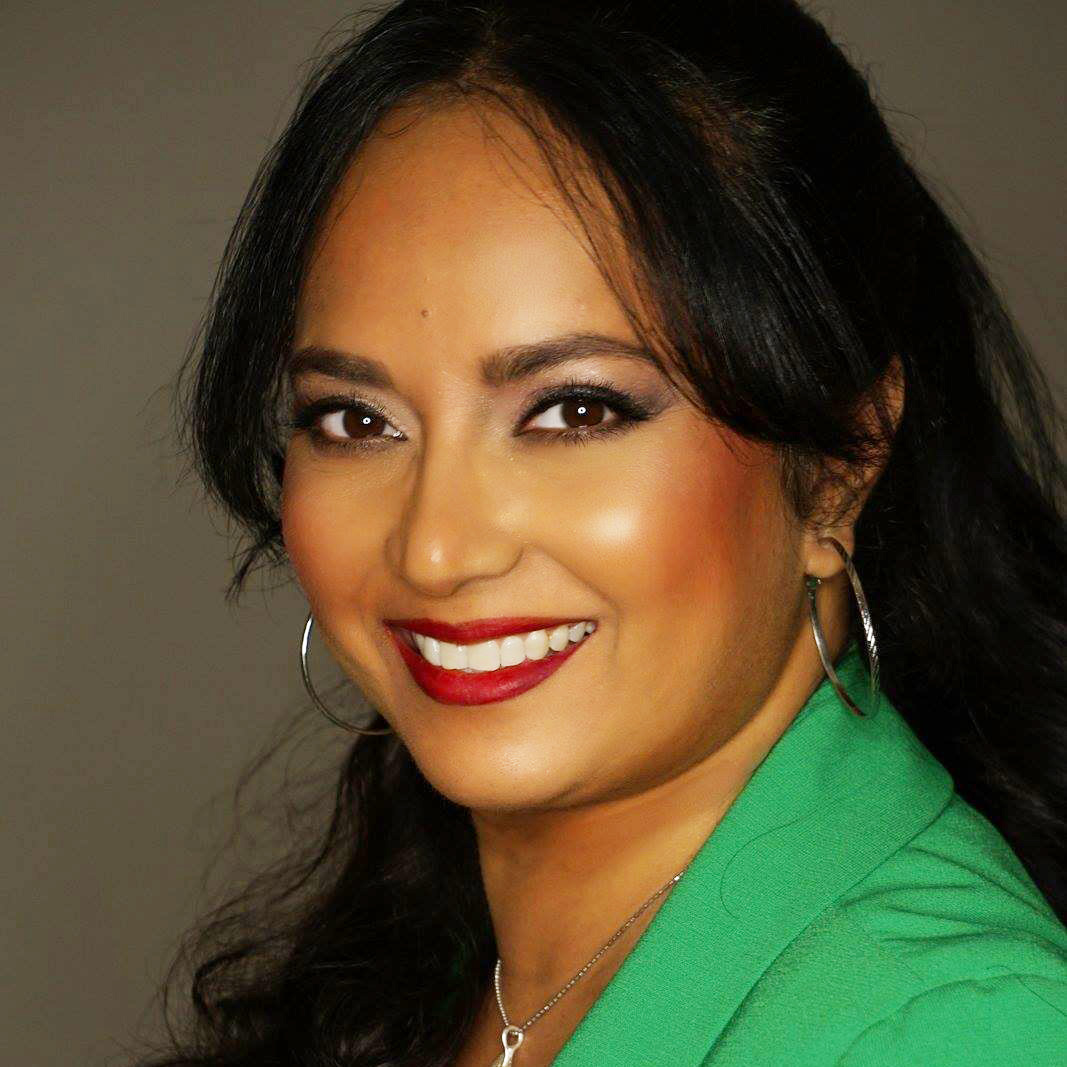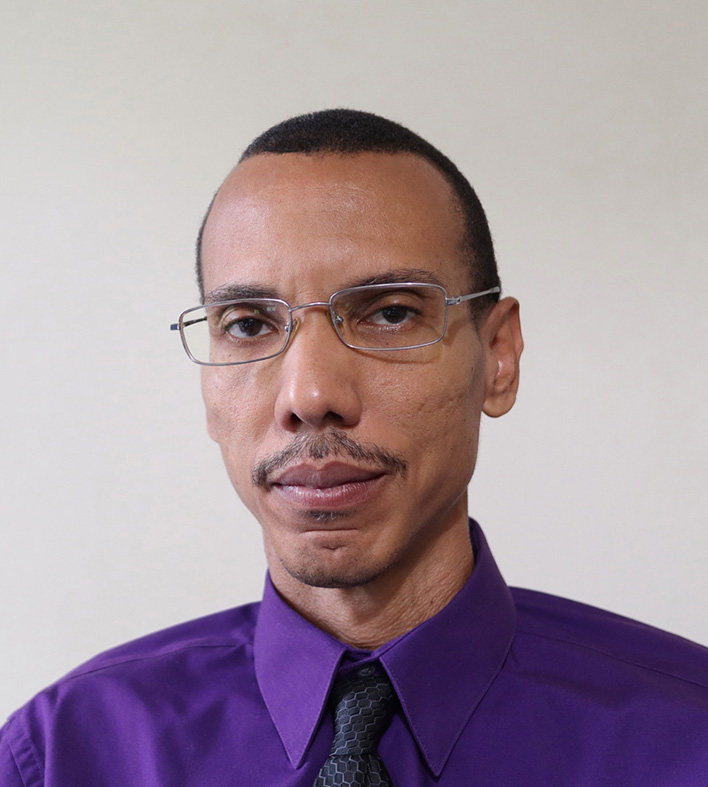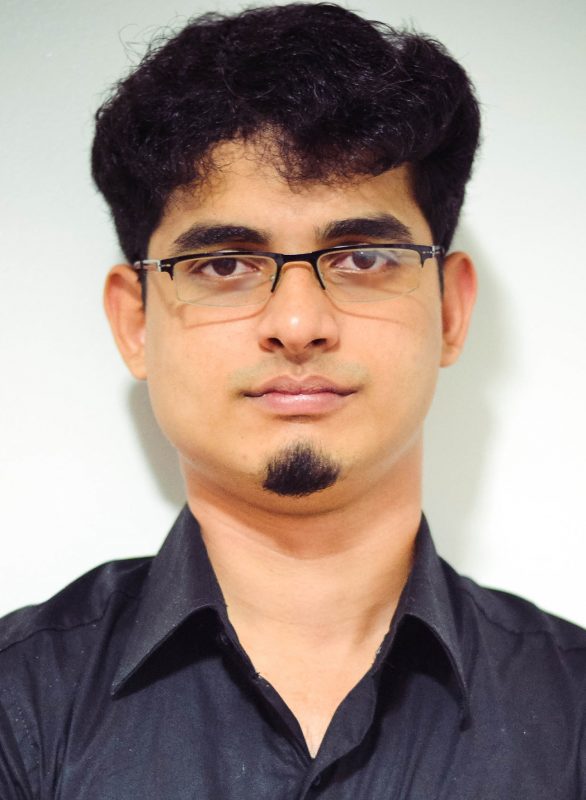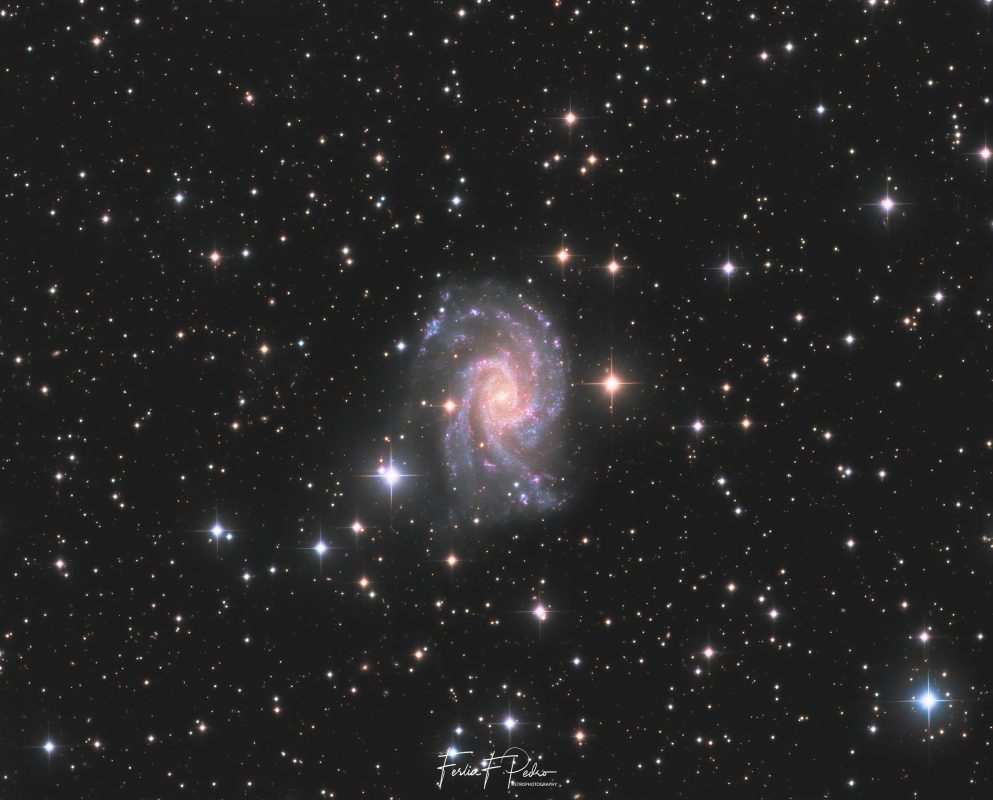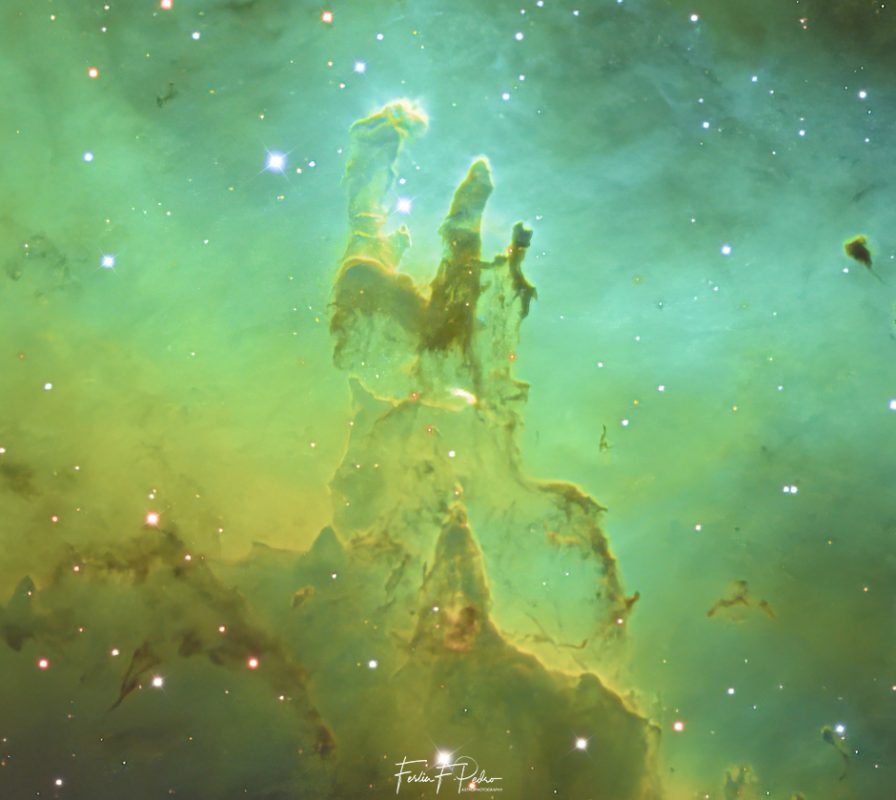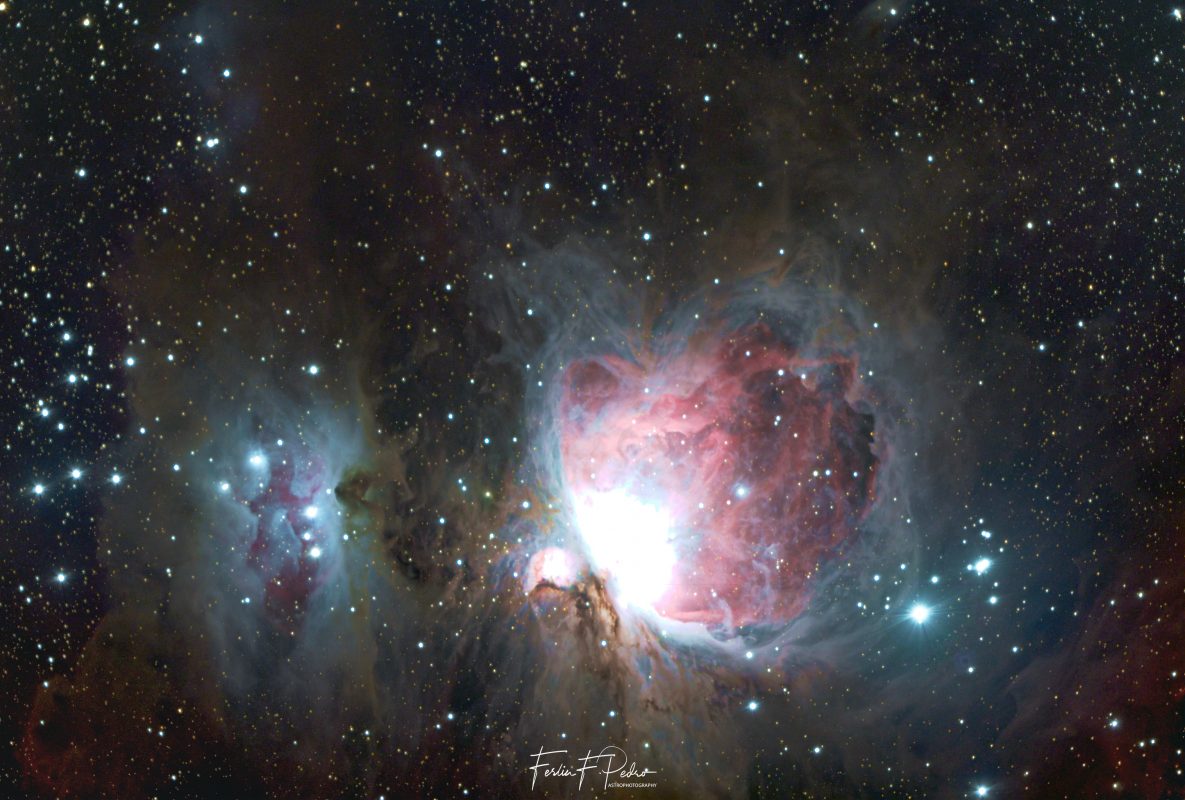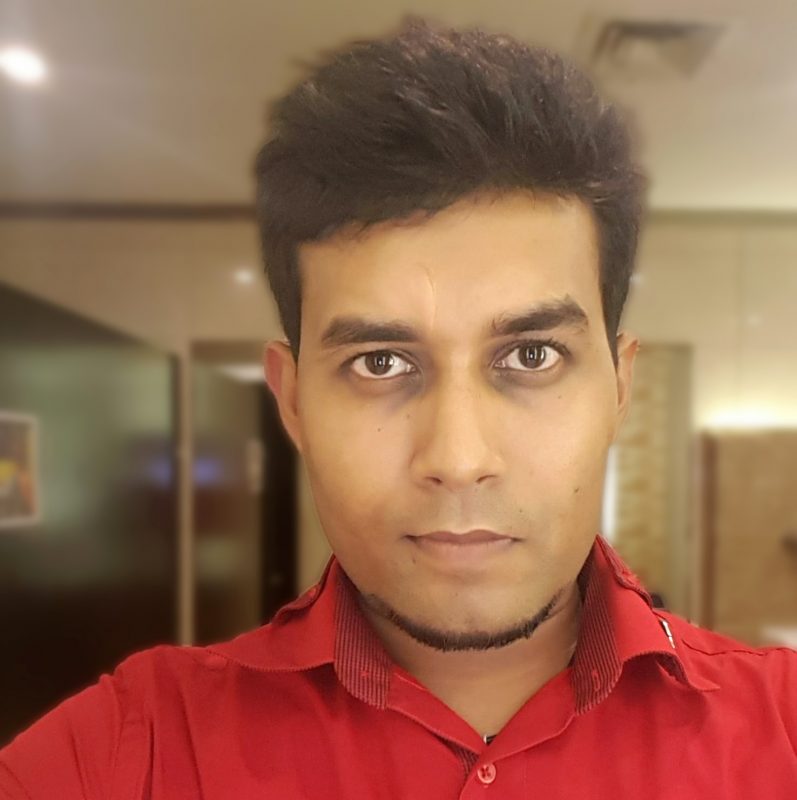Moray House Trust in collaboration with the Amateur Astronomers Association of Guyana presents Astronomy in the Caribbean, a virtual event today at 5 pm for all astronomy enthusiasts. The event will be led by four experts who have delved into astronomy professionally and as a hobby.
The panel includes Trinidadian Astronomer and Science Educator Shirin Haque, PhD, who was the recipient of the Excellence Laureate in Science and Technology award at the 2020 Anthony Sabga Caribbean Awards. She is also the first woman to be awarded the Caricom Science Award in 2018. A former deputy dean in the Faculty of Science and Technology and former head of the Department of Physics at the University of the West Indies, Haque is currently the programme director for the Caribbean hub in radio astronomy through the National Radio Astronomy Observatory and National Outreach Coordinator in International Astronomical Union.
Amateur Astronomer and Astrophotographer David Marshall is president of the Barbados Astronomical Society. He first became passionate about astronomy following Halley’s Comet in 1986. He later went on to do scientific work in the form of spectroscopy and photometry and is a member of today’s panel.
Guyanese astrophotographer and engineer Mahendra Mahadeo, also part of the panel, developed an interest in astronomy as a young boy and went on to build his own telescope at his humble abode on the East Coast Demerara. Mahadeo currently works at TeleVue, a leading manufacturer of optical instruments including telescopes.
The last panel member is founder of the Amateur Astronomers Association in Guyana Ferlin Pedro. An astrophotographer and educator, he has been coordinating public events and activities to promote astronomy in Guyana for almost a decade. He also hosts free online courses in astronomy and philosophy. Today’s event was an idea conceptualized by Pedro.
Speaking to The Scene, Pedro pointed out that the norm in the Caribbean was for people to pursue careers in law, medicine or business management, few have ventured into astronomy. As such today’s forum intends to create interest and/or provide answers to questions people may have. People joining the event can expect answers questions such as: What place does astronomy have in the Caribbean? What astronomical activities or research are being done in the Caribbean? What role can astronomy have in shaping Caribbean intellectual development and culture? What is astrophotography?
For Pedro, astronomy is not only scientific but also fun. The fun component for him is taking pictures of the night sky, which he posts online. Through this, he has attracted a following. Many people ask about the kind of camera he uses and what settings he puts his camera on to be able to capture the sky the way he does.
Through the Amateur Astronomers Association of Guyana, Pedro has coordinated ‘Public Star Parties’ where people gather at the seawall and with telescopes view objects in the night sky: galaxies, the nebula, planets and of course the moon.
The parties also catered for children who would also be provided with glow sticks. Every year, three competitions are hosted – Essay, Art, and Poetry – and the top performers win telescopes, and books on astronomy and science. “The reason for these competitions is to tap into everyone’s creativity…,” Pedro said.
With studies and work being done remotely, Pedro pointed out that it is a great time for those interested in astronomy or subjects that may seem dormant locally to pursue these at universities providing courses and programmes online, further noting that there may be opportunities for individuals to work remotely in these areas.
He said the response to today’s event has been phenomenal because since it is virtual, people can log on from anywhere in the world.
Haque will share some of the work she has been doing in the Caribbean as well as give insight to persons on astronomy and share why they should consider doing a career in astronomy.
The event is scheduled for 5 pm today on YouTube, Facebook and Zoom.
